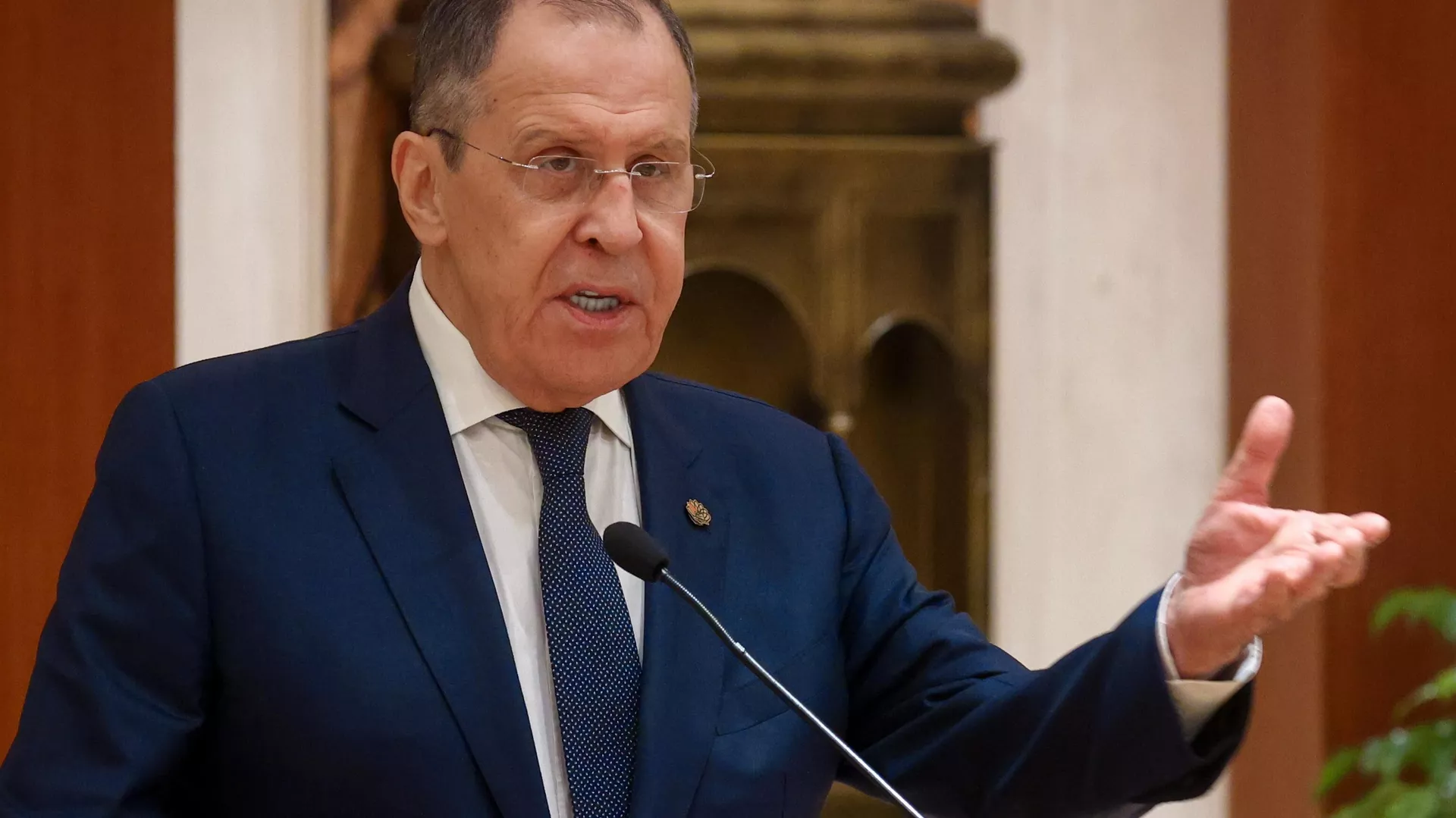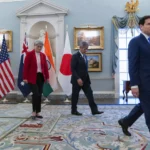
A delegation from Russia, headed by the Minister of Foreign Affairs, Sergei Lavrov, will visit Brazil, Cuba, Nicaragua and Venezuela from April 17th to 21st. Sputnik consulted with some experts to analyze this diplomatic digression.
The Russian chancellor will travel to the region with a concrete agenda aimed at increasing cooperation between the countries involved, with a focus on politics, trade and economy, education, culture, humanitarian affairs, among other areas.
“We plan to focus the negotiations on strengthening the international law of the modern world based on the UN Charter,” the Russian Foreign Ministry said in a statement.
“For us, Latin America is a friendly region, one of the training centers of a multipolar world, with which Russia intends to maintain a dynamic dialogue and develop constructive cooperation that is not subject to any external dictates,” said the portfolio. .
In Lavrov’s own words, the Russian authorities systematically defend “the strengthening of Russian-Latin American cooperation based on mutual support, solidarity and consideration of reciprocal interests”.
The senior diplomat also emphasized that Moscow is willing to intensify communication with heads of state and government, parliaments, diplomatic services and other institutions.
In an interview with Sputnik, Venezuelan political scientist Jonathan Benavides, an expert on geopolitics in Russia, Eastern Europe and the Middle East, says that the Russian Chancellor’s visit to the region corresponds to Russia’s intention to move towards a multipolar world.
In turn, the doctor in political studies from the New School for Social Research in New York, Amando Basurto, indicated that the Russian diplomatic tour of Latin America has, mainly, the purpose of maintaining and expanding the ties of cooperation existing between Russia and Cuba, Venezuela , Nicaragua and Brazil, the countries that Lavrov will visit.
In turn, the director for Latin America of the Russian Academy of Sciences, Dmitry Rozental, said in an interview that this Russian diplomatic tour aims to “maintain constructive relations with these countries, demonstrating that our political presence in Latin America is of great importance” .
Brazil, the key country

Academic Jonathan Benavides from the Central University of Venezuela highlights Brazil, as this country – one of the regional powers – has a distinct relationship with Moscow compared to the other three nations included in the visit.
“Brazil can be placed in a second batch, in which there are different types of relationships, because Brazil is part of the BRICS together with Russia, China, India and South Africa. So there is a different type of relationship, more direct in terms of trade, economics and the repositioning of these countries in this search for an order that moves from unipolar to multipolar”, he added.
In this regard, Basurto, who is also an academic at the National Autonomous University of Mexico (UNAM), assured that the South American giant could greatly benefit from the Russian Chancellor’s visit to expand bilateral economic ties.
“Brazil has every intention of doing two things: first, using the BRICS channel to maintain and increase the economic flow between these countries, including, of course, India and China; and second, Brazil is proposing itself, within the BRICS itself and together with China, as a country that can negotiate peace in the conflict [na Ucrânia], so it’s in Brazil’s interest for Russia to see this. In other words, it has more space in geostrategic terms. […] Brazil can position itself in an important way”, he pondered.
One topic that both Russia and Brazil mentioned is the possibility of transacting business in currencies other than the US dollar. With regard to this topic, Dmitry Rozental underlined that, although some agreements are viable, radical changes will not occur immediately.
“It is necessary to understand how commercial exchange in national currencies will work. We need to understand how we are going to use such a large amount of Brazilian reais that we can get, what we will do with them, where they go next, although the idea itself is correct, given that the dollar and the dollarization of the economy is one of the ways that make the US sanctions policy as possible,” he said.
the allies
Benavides also pointed out that Lavrov’s visit to Havana, Caracas and Managua is logical, as these three countries have always been Moscow’s political allies.
“Venezuela, Cuba and Nicaragua, in addition to being commercial allies, are political allies [de Moscou] and they are the three countries that maintain the discourse in Latin America of confrontation with the United States. It is clear that they see Russia as one of the great countries that challenge this unipolar order that the US has sought since the 1990s, for a more multipolar geopolitical vision”, he indicated.
Meanwhile, Rozental argued that the politics of these three countries should not be considered or defined as wholly anti-Western. He said that Cuba and Venezuela have made attempts at commercial rapprochement with the US, while in the case of Nicaragua, despite its political distancing from Washington, its trade with the US country is close and estimated at billions of dollars.
“These three countries, first of all, are trying to defend their own national interests and, most likely, are trying to gain some advantages from interaction with both Russia and the countries of the collective West,” he guaranteed.
At the same time, he stressed that Cuba, Venezuela and Nicaragua are Russia’s traditional partners, with which Moscow maintained stable relations throughout the 2000s.
The trip of Russian diplomats to the region reaffirms Russia’s position in Latin America, Benavides pointed out. “The visit fulfills to the letter the script of Russia’s foreign policy doctrine, the one that establishes pragmatic relations with the rest of the world, with what they call a distant foreigner”, he concluded.
Source: https://www.diariodocentrodomundo.com.br/a-russia-e-um-dos-que-desafiam-a-ordem-unipolar-o-porque-da-visita-de-lavrov-a-america-latina/

